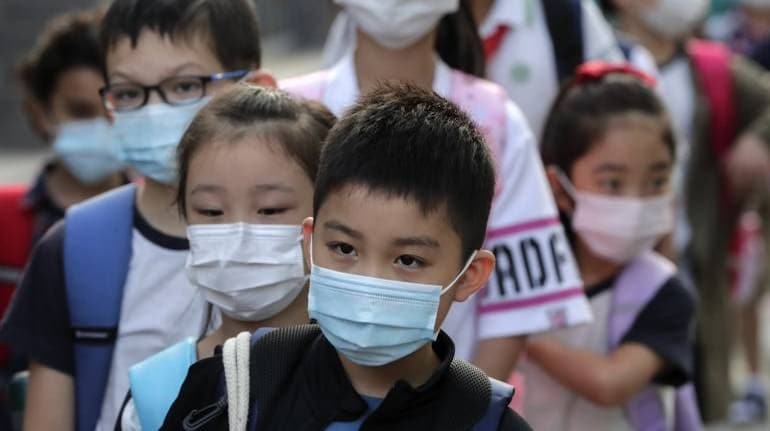
China’s National Health Commission has released updated COVID-19 prevention and control guidelines by revising etiological and epidemiological features and epidemic monitoring.
The revised guidelines released on September 15 are the seventh and latest version of issued guidelines, reported China Today.
The revised guidelines highlight that respiratory droplets remain the main route of COVID-19 transmission, but there is still a risk of infection through contaminated objects or to people exposed to environments under certain conditions.
The updated version of the guidelines explained that when five or more cases that are linked by the same location of exposure are confirmed, it is regarded as an infection cluster. In its previous versions, however, it identified the occurrence of two or more such confirmed cases as an infection cluster.
For epidemiological investigations, the latest version has revised the definition of imported cases. It will now include, new infections linked to imported cases, and close contacts of close contacts, among other terms.
With that it has also revised the requirements for centralised isolation and home medical observation.
The revised guidelines state that after taking a COVID-19 test at ports of entry, passengers entering the mainland will be required to spend seven days in isolation centres for medical observation and take another test before completing quarantine.
If the COVID-19 test result is negative, passengers from outside the mainland can isolate themselves at home for another seven days before they are free to travel around, the guidelines added.
Discover the latest business news, Sensex, and Nifty updates. Obtain Personal Finance insights, tax queries, and expert opinions on Moneycontrol or download the Moneycontrol App to stay updated!